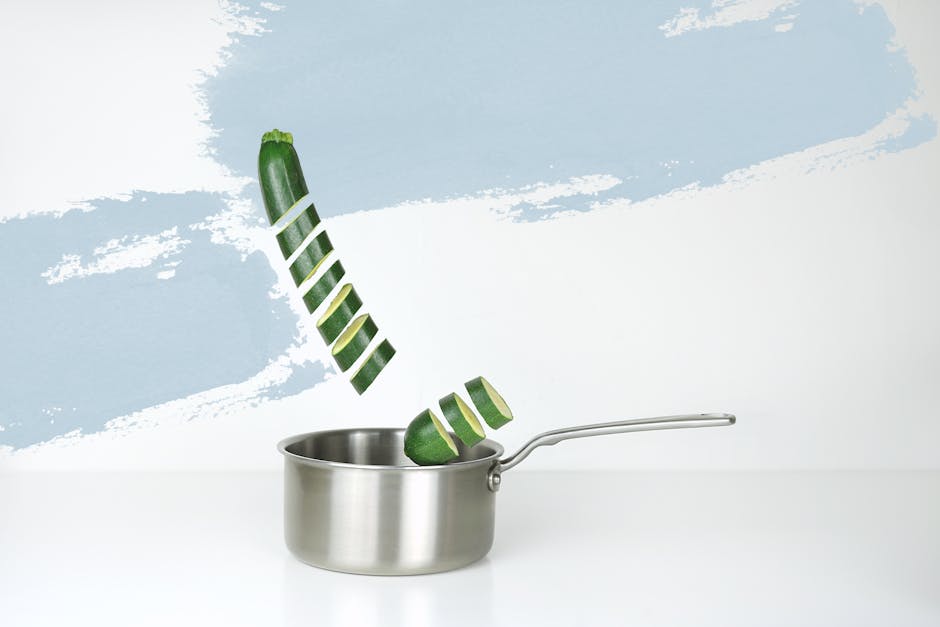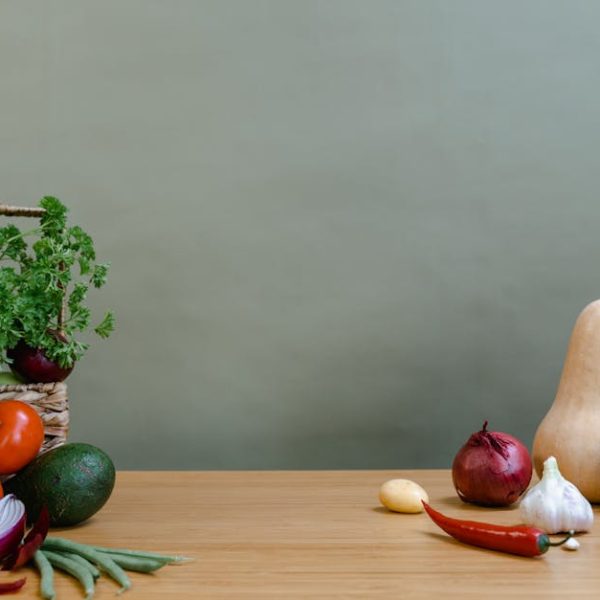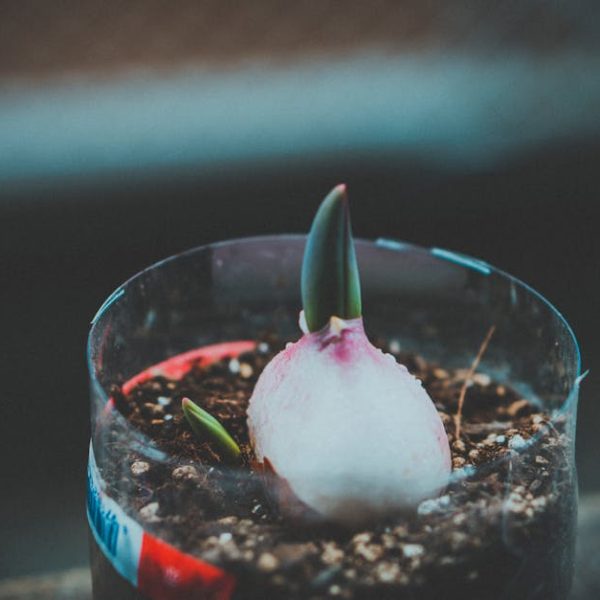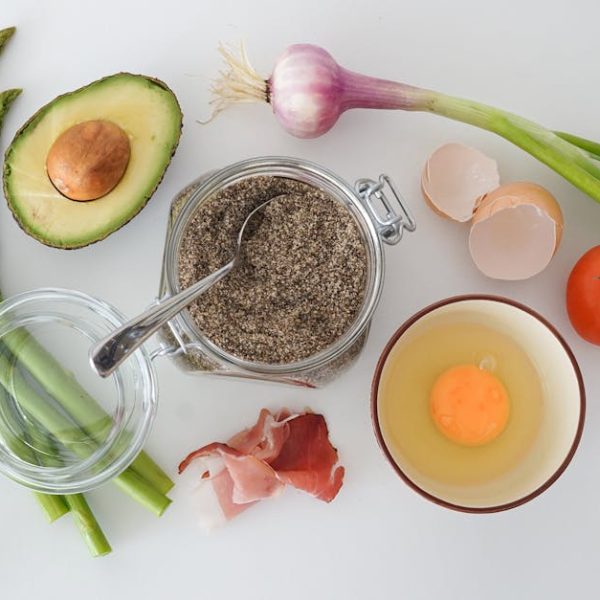Storing zucchini doesn’t have to be a struggle, neither should it be a game of chance hoping for the best. Zucchinis, when stored right, can maintain their freshness and flavor for a considerable period of time. From your kitchen countertop to a refrigerator, the freezer, or even into canning jars, there are various methods that can be leveraged to keep your zucchini fresh for longer.
Storing Zucchini in a Fridge
Storing zucchinis in the refrigerator is a great method to keep them fresh for about one to two weeks.
To prepare your zucchinis for fridge storage, you don’t need to do much. The most important thing to remember is not to wash them. This is crucial because moisture can lead to mold growth, which would ruin your zucchinis. You should only wash your zucchini just before you’re planning to use it.
Additionally, make sure you store them in a loose plastic bag- this allows for adequate air circulation and prevents them from getting banged up. For the ideal storage condition, your refrigerator’s humidity setting should be set at high. This slows down the ripening process, preventing wilting and maintaining the zucchinis’ firmness.
Pro Tip: Try wrapping your zucchini in a paper towel before placing it in the bag. This soaks up any excess moisture and prolongs their shelf life.
Storing Zucchini at Room Temperature
Zucchini can also be stored at room temperature, though this can only keep it fresh for about three to four days. For this method, you need to ensure that the zucchinis are kept in a cool place away from direct sunlight. Good air circulation is also important for preventing mold.
Here’s a quick checklist for room temperature storage of zucchini:
- Avoid direct sunlight exposure ️
- Ensure air circulation ️
Freezing Zucchini for Long Term Storage
Freezing zucchini is a great way to preserve it for between 9-14 months. For freezing, you need to first blanch your zucchini, this means boiling it for a short period—usually 1-2 minutes—and then plunging it quickly into an ice bath to stop the cooking process. Next, pack your zucchini pieces into airtight freezer bags or containers for storage.
Keep in mind, the effectiveness of the storage depends on the quality of your freezer and the vacuum sealing of your freezer bag or container. And don’t forget to label your bags with the date before putting them in the freezer!
Pro Tip: Try grating or cutting the zucchinis into slices before freezing. This adds versatility for later use and even defrosting during preparation.
Canning Zucchini for Preservation
Canning is an old-fashioned, yet effective method that extends your zucchini’s lifespan for up to a year.
This process involves the following steps:
- Washing and chopping your zucchini
- Blanching to kill bacteria and stop enzyme activity
- Transferring the zucchini to sterilized jars ️
- Sealing the jars and boiling them for a set period ⏱️
It’s important to follow each step carefully to prevent botulism or other types of food poisoning. Ensure you use the right equipment and follow all safety measures to get tasty canned zucchini.
Dehydrating Zucchini for Snacks or Future Use
Dehydrating zucchini works exceptionally well if you enjoy snacks like zucchini chips or wish to preserve them for future recipes. However, this method may not fully retain the freshness of the zucchini.
Here are some pros and cons of dehydrating your zucchini:
- It extends the shelf-life
- Offers more versatility in usage
- Freshness may be slightly compromised ☹️
Pickling Zucchini for Unique Flavor and Longevity
Pickling zucchini adds a unique flavor and extends its shelf life. The zucchini is soaked in a solution of vinegar, salt, and water, along with any other desired spices and herbs.
Pros of pickling zucchini include:
- Longer shelf-life
- Vibrant flavor and color
- Retention of peak-season freshness
Pro Tip: Always use clean, sterilized jars for pickling to avoid bacterial contamination.
Whether you choose to refrigerate, freeze, can, dehydrate, or pickle your zucchinis, each method comes with its own benefits and drawbacks. Evaluating your needs, resources, and culinary plans can help you decide
Key Takeaway:
- Multiple methods, such as refrigeration, room temperature storage, freezing, canning, dehydrating, and pickling, can keep zucchinis fresh for different periods. Each method is suitable based on the user’s needs, resources, and consumption plans.
- The ideal storage conditions, such as temperature, moisture and air circulation, differ for each method.
- Techniques like blanching and use of paper wraps can enhance the shelf-life of zucchinis.
Don’t let your zucchinis go bad and get wasted. With appropriate storage methods, you can keep them fresh and flavorful for significant periods, enjoying them as you want. This article provides plenty of alternatives suited for different needs and preferences, so give them a try!
FAQs
Q: Is it safe to consume zucchinis that have been in the refrigerator for over two weeks?
A: If there are no signs of spoilage like mould, sliminess, or a bad smell, the zucchini may still be safe to eat. However, for optimal freshness and taste, it’s best to consume them within one to two weeks of refrigeration.
Q: Can I freeze whole zucchinis without cutting them into smaller pieces?
A: While you can freeze zucchinis as a whole, it’s preferable to cut or grate them before freezing. This allows for more even defrosting and gives you more flexibility for later use.
Q: What are the potential health risks associated with improperly canned zucchinis?
A: Improper canning can lead to the growth of bacteria, including the one that causes botulism, a potentially fatal illness. Always follow canning guidelines carefully and ensure jars are thoroughly sterilized before use.
Q: Can I rehydrate dehydrated zucchinis for use in my recipes?
A: Absolutely! You can easily rehydrate dried zucchinis by soaking them in water. They can then be used in a variety of cooked recipes that call for fresh zucchini.
Q: Does pickling change the nutritional value of zucchinis?
A: Pickling can slightly reduce the nutritional value, but the overall impact is generally minimal. However, it increases the sodium content due to the added salt, so those on a low-sodium diet should consume pickled zucchinis in moderation.
Enjoy trying out these storage methods and remember, the best method for you depends on your needs and circumstance. Feel free to share this article with others who might find it useful and explore more posts on our website!






